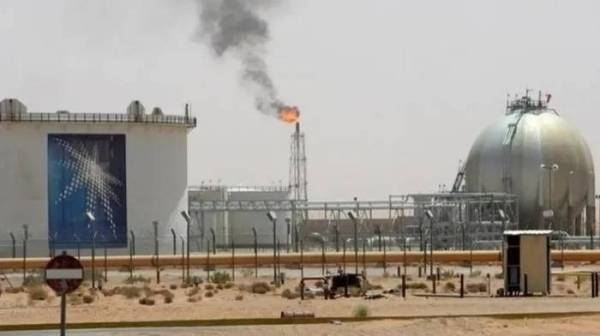Saudi Arabia, along with 7 other OPEC+ countries, have recently come to the decision to extend their voluntary oil supply cuts until the end of November 2024. This decision was made during a virtual meeting where the countries agreed to postpone a planned output increase due to falling crude prices. The countries involved in this decision include Russia, Iraq, United Arab Emirates, Kuwait, Kazakhstan, Algeria, and Oman. The additional voluntary production cuts of 2.2 million barrels per day will now be extended for two more months until the end of November. The countries will gradually phase out these cuts on a monthly basis starting from December 1, 2024.
It has also been agreed that any overproduced volume will be fully compensated for by September 2025. This commitment comes after previous announcements of additional voluntary cuts in April and November 2023. The group of countries emphasized their collective resolve to ensure full compliance with the voluntary production adjustments. Despite overproduction by Iraq and Kazakhstan since January 2024, both countries have reaffirmed their commitment to the agreement and have submitted compensation schedules as agreed. Saudi Arabia, Russia, UAE, Kuwait, Algeria, and Oman held ministerial discussions with Iraq and Kazakhstan in August, urging them to achieve full conformity and compensate for the overproduced volumes.
During the OPEC secretary general’s visits in late August, Iraq and Kazakhstan reinforced their commitment to compliance by outlining their plans for production adjustments to meet the compensation schedules they had submitted. Measures such as advancing field maintenance plans, reducing production, and delaying spot sales were discussed as ways to achieve full conformity with the required production levels. The countries also committed to adjusting compensation plans for any over produced volumes in August. The decision to extend additional voluntary production cuts was made in the context of these ongoing efforts to ensure compliance and meet compensation schedules.
This decision to extend the voluntary production cuts comes amidst falling crude prices and the need to maintain stability in the oil market. The countries involved have shown a commitment to working together to address overproduction and ensure compliance with the agreed-upon production levels. The flexibility to pause or reverse the adjustments as necessary gives these countries the ability to respond to changing market conditions and ensure that the oil market remains stable. By extending the voluntary production cuts, the countries are working towards achieving a balanced and sustainable oil market in the long term.
The extension of the voluntary production cuts until the end of November 2024 shows the dedication of the countries involved to supporting oil market stability. By gradually phasing out these cuts on a monthly basis starting from December 1, 2024, the countries are taking a measured approach to adjusting production levels. The commitment to fully compensate for overproduced volumes by September 2025 demonstrates a commitment to accountability and compliance with the agreed-upon production adjustments. This decision reflects the ongoing efforts of these countries to work together to address challenges in the oil market and ensure stability for the benefit of all stakeholders.
Overall, the agreement to extend the voluntary production cuts by Saudi Arabia and 7 other OPEC+ countries demonstrates a commitment to cooperation and transparency in the oil market. By working together to address overproduction and ensure compliance with production adjustments, these countries are contributing to stability in the oil market. The decision to extend the cuts until the end of November 2024, with a gradual phase-out starting in December, shows a thoughtful and measured approach to managing production levels. As the countries continue to work towards full compliance and meet their compensation schedules, they are taking important steps towards a more stable and sustainable oil market for the future.










